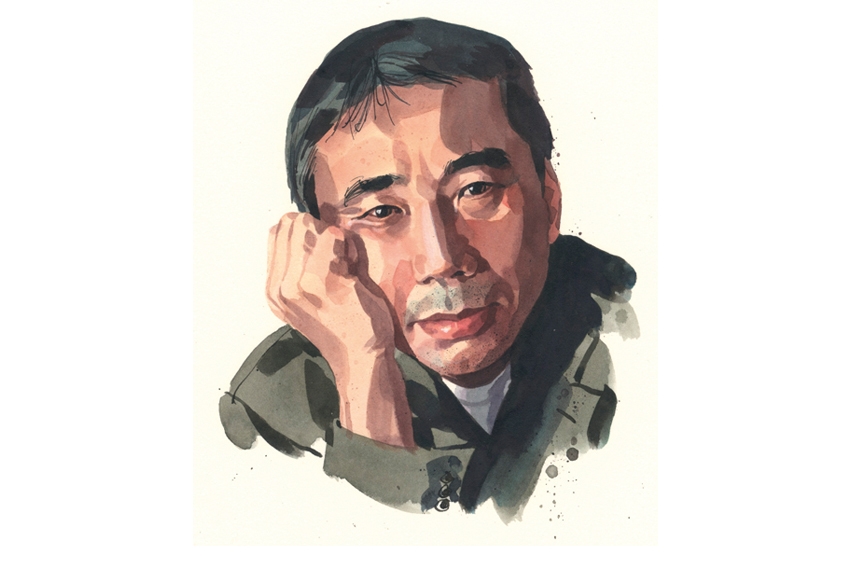Haruki Murakami’s latest tale of good and evil has a thrilling, broad sweep, but the delicacy of his early work is missing, says Philip Hensher
The scale of the celebrity of the Japanese novelist Haruki Murakami is impossible to convey. From 1987, when his enchanted love story Norwegian Wood sold millions, he has been a huge presence in Japan. From the 1990s onwards, he has moved from being a cult favourite abroad to a general bestseller. His extravagant stories, especially Dance Dance Dance, Hard-Boiled Wonderland and the End of the World and (probably his best and most influential book) The Wind-Up Bird Chronicle introduce the fantastic into contemporary Japanese society, combining an unexpected Shinto sense of the independent life of objects with a taste for international culture, especially in music.
He has often confronted Japanese history and crises — the war in Manchuria in The Wind-up Bird Chronicle,
the Tokyo subway gas attack in the non-
fiction Underground, the Kobe earthquake in After the Quake. This enormous new novel, his first major work since the 2002 Kafka on the Shore (translated in 2005) has been an immense popular success in Japan, selling a million within a month of its publication, which is quite something for a 1,000-page work.
He is much spoken of as a candidate for the Nobel Prize. His particular vein of fantasy, engagement and a persistent humane sweetness draws huge audiences. With this novel, I think we can reasonably ask, nevertheless, whether he is as good a novelist as he used to be.
The title, 1Q84, refers obliquely, just as Kafka on the Shore did, to the work of a classic European novelist without ever bringing a comparison to the point. 1Q84 signifies an alternative version of the year 1984 — the two are pronounced the same in Japanese — which some of its characters experience.








Comments
Join the debate for just £1 a month
Be part of the conversation with other Spectator readers by getting your first three months for £3.
UNLOCK ACCESS Just £1 a monthAlready a subscriber? Log in